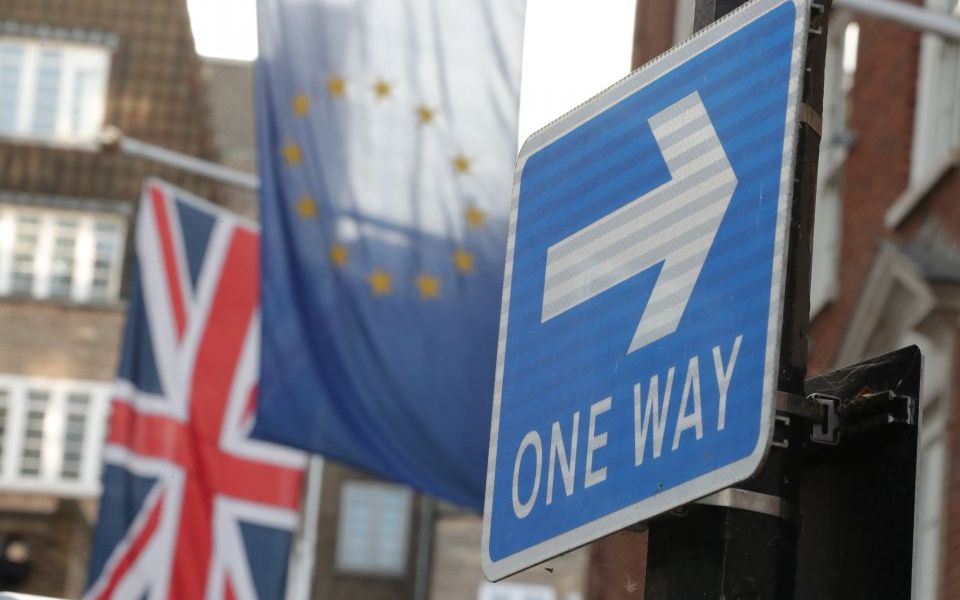We are veering towards a Brexit brain drain – it’s time for brands to shake things up

There is a lack of innovation among British businesses; this was a problem highlighted in our latest research.
It’s also a problem which threatens the future of UK businesses outside of the EU bloc, potentially hindering our ability to attract and retain talent.
Fast-growing economies such as China, Indonesia, India, the US, and Germany tend to have the edge when it comes to supporting those leaders that stand out from the crowd.
And being innovative is one of the five key measures that determines how effectively a company – or brand – can contribute and improve the bottom line.
Brands are valuable business assets – the UK’s top 75 companies are valued at £205bn, which is just over 10 per cent of UK GDP.
The British brands that people consider to be most innovative – including Dulux, Dove, Tesco, Deliveroo, Sky and BrewDog – grew 25 per cent more in the last year than their rivals. However, the least innovative brands lost value to the tune of seven per cent.
This gap suggests that British businesses need to be much more purposeful in the way that they shake things up.
Innovation needs to mean something to customers – and it must be clearly communicated. If it makes a difference to their lives, customers will be prepared to pay a premium.
This approach has constantly worked for Apple. Indeed, the strength of the company’s brand has attracted and retained buyers.
But having a strong brand also increases the potential for it to grow outside UK borders.
British brands that are globalised and generate the most revenue from overseas are nearly twice as valuable as others in the ranking, with an average value of $6.1bn. They are also seen as more relevant to consumers.
Challenger brands like Brewdog live and breathe innovation. This craft beer company tore up the playbook of traditional brewers when it invited customers to be investors and part-owners in its “Equity for punks” crowdfunding initiative, democratising investment opportunities.
But Brew Dog continues to challenge the status quo with its shock tactics and irreverent marketing campaigns, such as its Pink IPA promotion.
Several UK brands have been innovating through partnerships with tech companies, using technologies such as artificial intelligence (AI), augmented reality, and machine learning.
Burberry’s use of AI-powered chatbots for customer service is one example of this symbiosis, because it not only serves to strengthen the company’s consumer-facing brand, but also its employer brand.
The ailing high street retailers are ripe for a shake up. In the last few years, an unprecedented number of retailers have closed outlets or shut up shop entirely: House of Fraser, Maplin, and Poundworld are to name but a few.
What has sustained these businesses in the past is unlikely to keep them growing in the future, as more Brits buy online and have a host of specialist suppliers to choose from.
Companies must be imaginative in rethinking what their role is in consumers’ lives. They should see it as a chance to address big human needs and figure out how they can become different to their competitors in a far more meaningful way.
Complacency invites disruption; ignoring this will provide no protection when consumers are redefining what is acceptable to them.